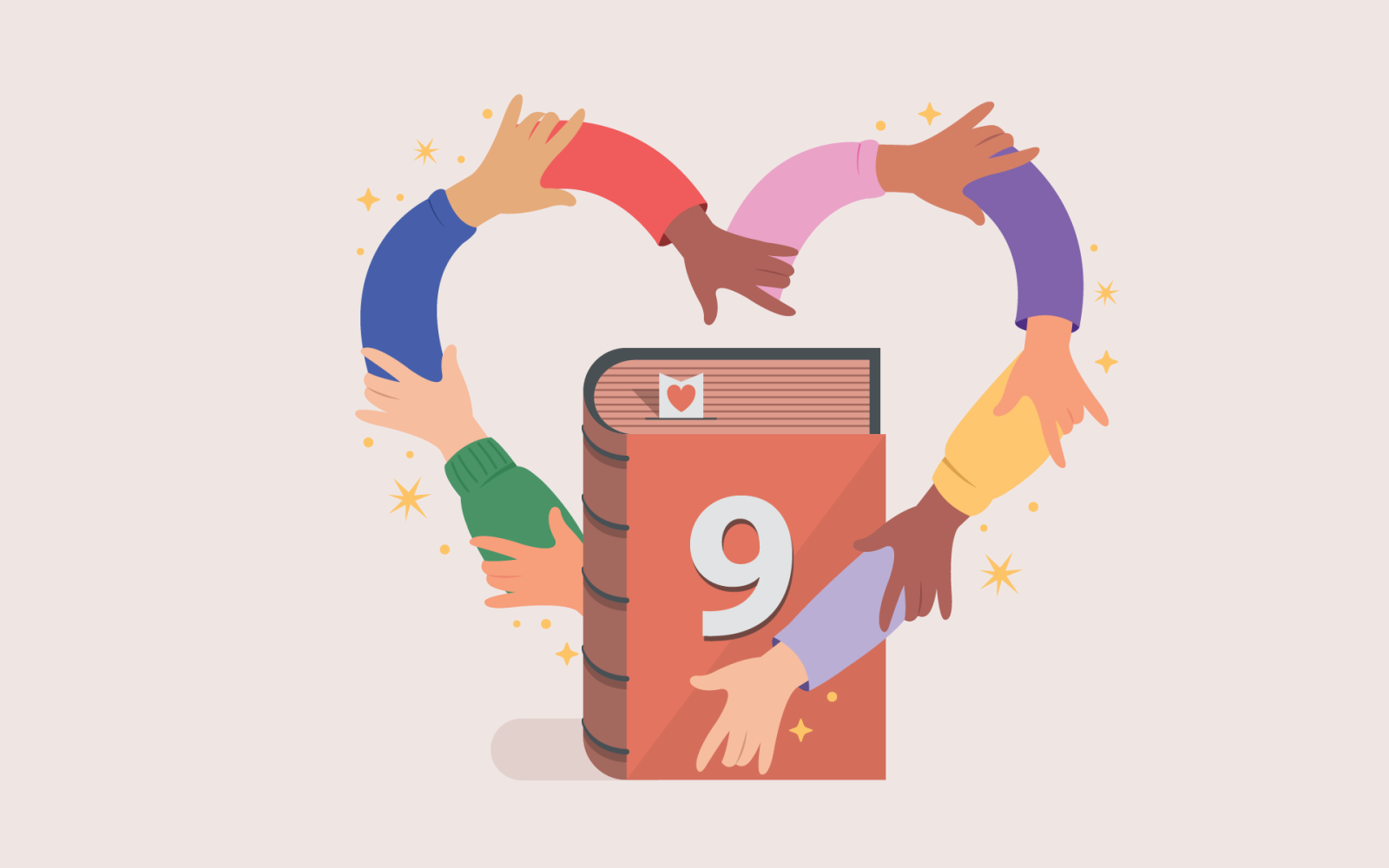Why regret is a signpost, not a stop sign

We think about regret as being rooted in the past, but it’s really a way to think about the future.
We all have moments of regret. Moments when we choose the urgent over the important.
We skip a child’s school play to finish a work presentation. We say yes to a social event, when what we really need is rest.
We don’t call a friend going through a difficult time, because we’re too busy. We skip a weekend hike with family, because there’s a task we want to complete.
On reflection, we regret our decision, and that regret lives with us, not as punishment, but as a persistent whisper about what truly matters.
Regret is a universal emotion, transcending cultures, ages, and circumstances. Daniel Pink, a behavioural researcher and author of Drive, identified four distinct types of regret.
The most common is “boldness regret”. We don’t regret the chances we took that didn’t work out, nearly as much as we regret the chances we never took at all.
When Pink surveyed thousands of people about their biggest regrets, a clear pattern emerged. Foundation regrets (not building good habits), moral regrets (not doing the right thing), and connection regrets (not reaching out to others) featured prominently.
Boldness regrets – the roads not taken, the risks not risked – dominated the landscape of human remorse.
But regret isn’t about the past, about looking backwards. It’s about the future.
Our relationship with regret is deeply shaped by how we perceive time itself. Western cultures typically view time as a straight line from past through present to future, where missed opportunities are forever gone.
Indigenous Australian cultures offer a radically different perspective, through the concept of Dreamtime, where past, present and future exist simultaneously in an ever-present “now.”
This isn’t just philosophical poetry, it’s a practical reframe. Philip Zimbardo, an American psychologist and Stanford professor, demonstrated that our time orientation, whether we’re focused on past, present, or future, dramatically shapes our emotional wellbeing and decision-making capacity.
Those stuck in past-negative thinking, consumed by regrets, show higher rates of depression and anxiety. Those who can extract learning from the past while maintaining future-focused agency demonstrate remarkable resilience and growth.
What if we could borrow from both perspectives? What if we could honour the linear reality that some moments have passed, while embracing the cyclical truth that the values those moments revealed remain vibrantly present and actionable.
Regret isn’t a breadcrumb trail leading backward to what’s lost. It’s a signal pointing forward to what’s still possible.
If you’re feeling regret about a conference you skipped, the regret isn’t really about missing an event. It’s data about what you value. Meaningful impact over impressive credentials, depth of connection over breadth of network, contribution to causes larger than yourself.
Those values didn’t disappear with the missed opportunity. They became clearer because of it.
Neuroscientist Antonio Damasio’s research on decision-making reveals that emotions, including regret, serve as sophisticated information-processing systems.
They’re not obstacles to rational thinking. They’re essential inputs that help us to navigate complex choices.
Regret functions as a learning mechanism, helping us to calibrate our future decisions against our deepest values.
Kristin Neff, a researcher on self-compassion, tells us that the goal isn’t to eliminate regret through harsh self-judgment or forced positivity.
It’s to receive the information that regret provides with the same kindness we’d offer a friend and then use that intelligence to shape what comes next.
The magic happens when we transform regret from rumination into research. Take one regret that surfaces regularly in your thoughts.
Instead of asking “Why didn’t I…?” try asking “What does this tell me about what I truly value?” Then, “What’s one small action I can take this week to honour that value?”
Regret over missing your child’s school play, for instance, reveals values around presence, connection, and prioritising relationships over tasks.
You can’t go back to that evening, but you can honour those values in future choices. Saying yes to family time, building buffers around important moments, choosing connection over completion when it truly matters.
James Clear, author of Atomic Habits, argues that massive life changes often begin with tiny behavioural shifts.
The goal isn’t to overhaul everything at once, but to let our regrets guide us toward small, consistent actions that close the gap between who we were and who we’re becoming.
There’s something almost mystical about this process. It’s as if our past and future selves exist in a state of quantum entanglement.
When we shift our behaviour in the present, based on insights from regret, we create ripple effects that seem to heal backward and forward simultaneously.
We can’t change what happened, but we can change what it means, by allowing it to inform what happens next.
The past is fixed. The story we tell about it isn’t. Every regret holds a clue about the life we still have time to live.
Regrets are unavoidable, but you choose how to respond to them. They can become stop signs or signposts, walls or windows, endings or beginnings.




